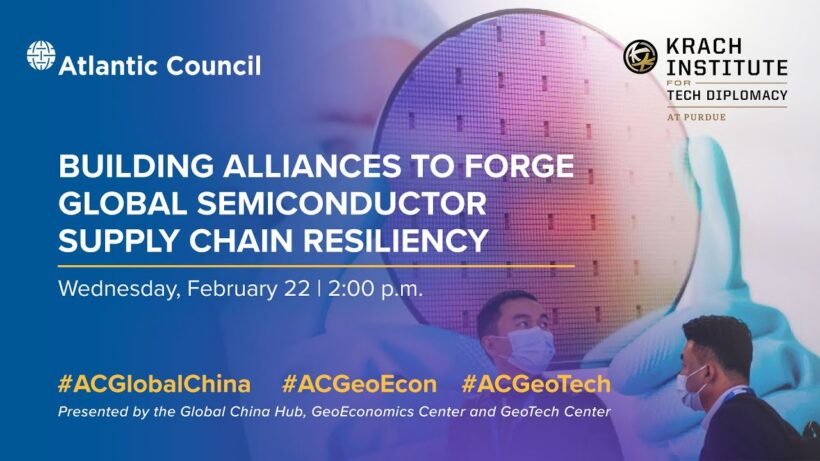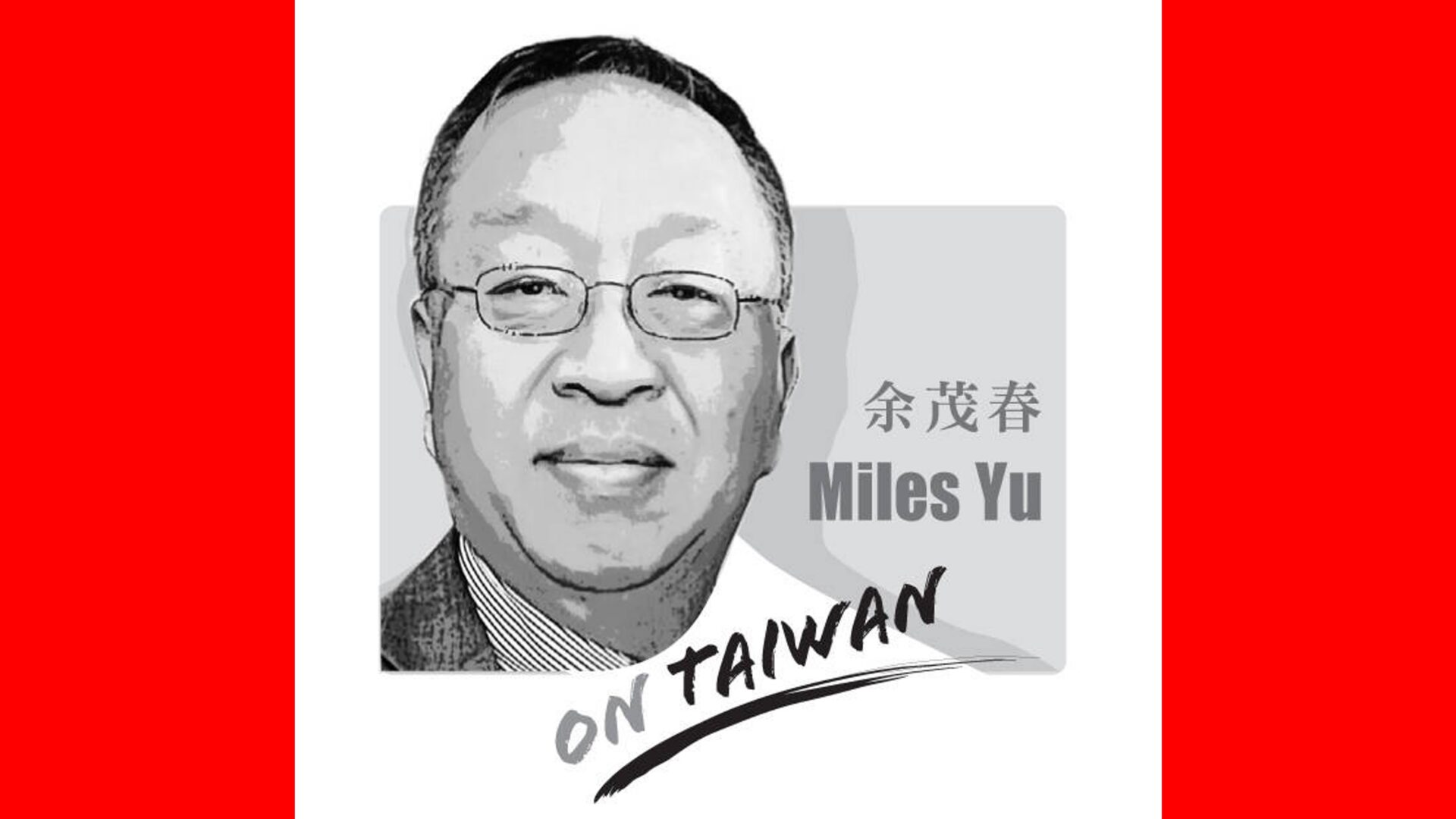Building alliances to forge global semiconductor supply chain resiliency



Please join the Global Tech Security Commission (GTSC) – a joint partnership between the Atlantic Council’s Global China Hub and Krach Institute for Tech Diplomacy at Purdue – as well as the GeoEconomics Center and GeoTech Center, on February 22 at 2:00pm ET for a virtual panel discussion on a forthcoming report about how the US and its allies and partners should jointly approach securing the global supply chain for the semiconductor industry. This event will feature special introductory remarks from Senator Shaheen, a GTSC honorary co-chair and Chair of the Senate Commerce, Justice, Science and Related Agencies Appropriations Subcommittee.
In August 2022, the US Congress passed the CHIPS and Science Act, a law that approves subsidies and tax breaks to help jump-start the renewed production on American soil of advanced semiconductors. Just two months later, the Biden administration issued wide-ranging restrictions on the export to China of chips and chip-making technology to undercut that country’s ability to manufacture the same class of integrated circuits. Along with a steady stream of Biden administration prohibitions on technology sales to key Chinese companies, the US initiatives represent a profound turn toward competition with China in the high-tech realm.
As US restrictions mount, the once-unimaginable process of reorienting semiconductor supply chains will become an ever-present reality. The CHIPS and Science Act already is becoming an important factor in corporate strategy, providing incentives for Taiwanese, Korean, and American companies to make big bets on new factories in places like New York, Ohio, Texas, and Arizona. What, then, are the potential implications of US semiconductor policy for the global semiconductor supply chains and the competition for primacy in an industry that is constantly changing the face of the global economy and one that has implications for global security in all its dimensions?
Related Posts

article
The Era Of ‘Tech Diplomacy’ Is Here
Technology is the new frontier of international relations. The interaction is bi-directional: technology is defining diplomatic matters while diplomacy is also influencing the development and deployment of technology. Take semiconductors as an example. This is a technology that forms the foundation of digital economy, national security, and productivity in almost all industries. Global supply chain in the semiconductor industry is shaping U.S. foreign policy. Conversely, America’s diplomatic effort has been redefining the supply chain. Tech diplomacy is different from science diplomacy, which became a key pillar for the U.S. and other countries since World War II. Scientists participated in treaty negotiations, engaged in bilateral summits and served as attachés at embassies. Primary topics included nuclear proliferation, super-collider construction, human space exploration and environmental science.

By: Miles Yu
article
Miles Yu On Taiwan: China’s lessons—and fears—from the Wagner revolt in Russia
For over a century, tumultuous events thousands of miles away in Russia have impacted China profoundly. Mao Zedong (毛澤東) famously said that the cannon sound of the October Revolution brought Marxism-Leninism to China. Now Xi Jinping (習近平) fears that last month’s Wagner revolt may provide a model for the Chinese Communist Party’s undoing.